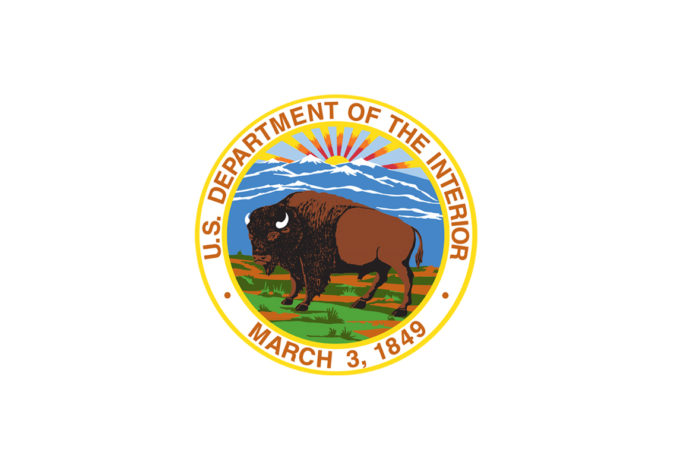WASHINGTON, D.C. – The Department of the Interior has announced that it will begin nation-to-nation consultations with tribes as it implements the Bipartisan Infrastructure Law. The law invests more than $13 billion directly in tribal communities across the country to bolster community resilience, replace aging infrastructure, expand access to clean drinking water and help ensure that everyone has access to high-speed internet.
“The Bipartisan Infrastructure Law is an unprecedented investment in Indian Country that will ensure that future generations have clean air, drinkable water, fertile soil and an overall quality of life that is currently threatened by the worsening climate crisis,” said Secretary Deb Haaland. “Tribal leaders know best the needs of their people. It is critical that tribes continue to be at the decision-making table as we implement this historic opportunity.”
“The funding in the Bipartisan Infrastructure Law is central to the Biden-Harris Administration’s all-of-government approach to strengthening Indian Country,” said Assistant Secretary for Indian Affairs Bryan Newland. “I look forward to these conversations providing a roadmap as the Department begins implementing the law.”
In letters to tribal leaders, the Department invited tribes to offer input and provide feedback to help inform early planning decisions related to the various programs and initiatives outlined in the law.
These sessions will focus on the implementation of:
- Tribal climate resilience programs
- Water infrastructure and drought resilience programs
- Indian water right settlement investments
- Wildfire resilience programs
- Ecosystem restoration programs
- Legacy pollution programs
- U.S. Geological Survey infrastructure law programs.
The consultations will take place Jan. 26-28 and are closed to the public. Tribes are also invited to submit written comments to [email protected] by Feb. 4, 2022.
The Interior Department received a $466 million investment for the Bureau of Indian Affairs for infrastructure projects and climate resiliency initiatives, as well as a historic investment of $2.5 billion to help the Department fulfill pre-existing settlements of Indian water rights claims in the Bipartisan Infrastructure Law. The law also made tribal communities eligible for additional Department programs to support building resilience to wildland fire and drought, restoring ecosystems, enabling fish passage and addressing legacy pollution from abandoned mine lands and orphan oil and gas wells.













































